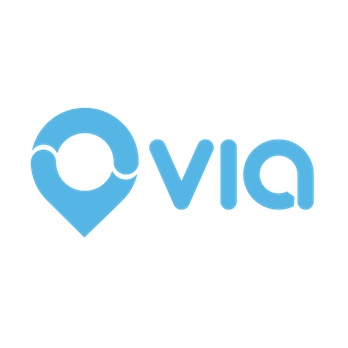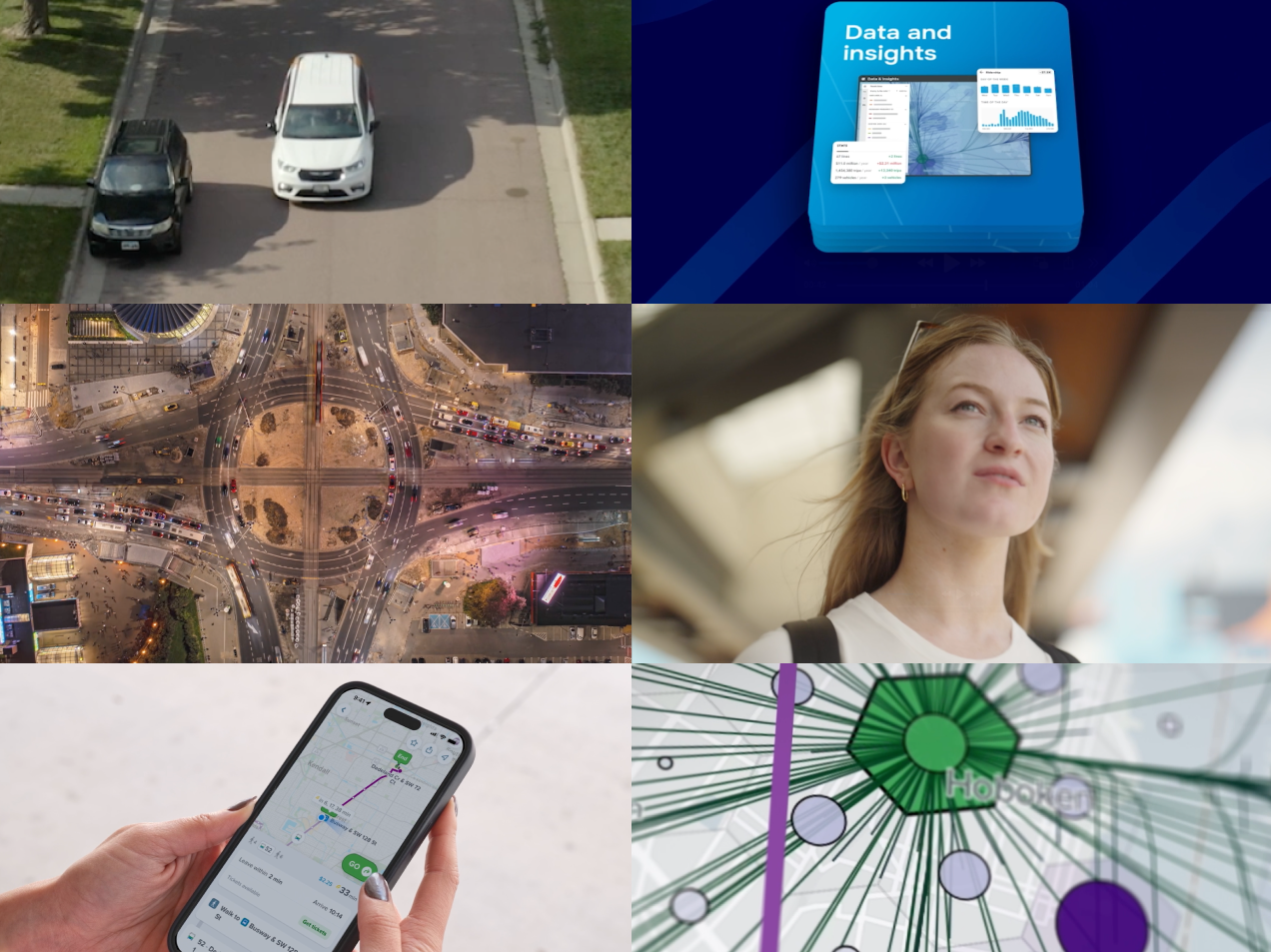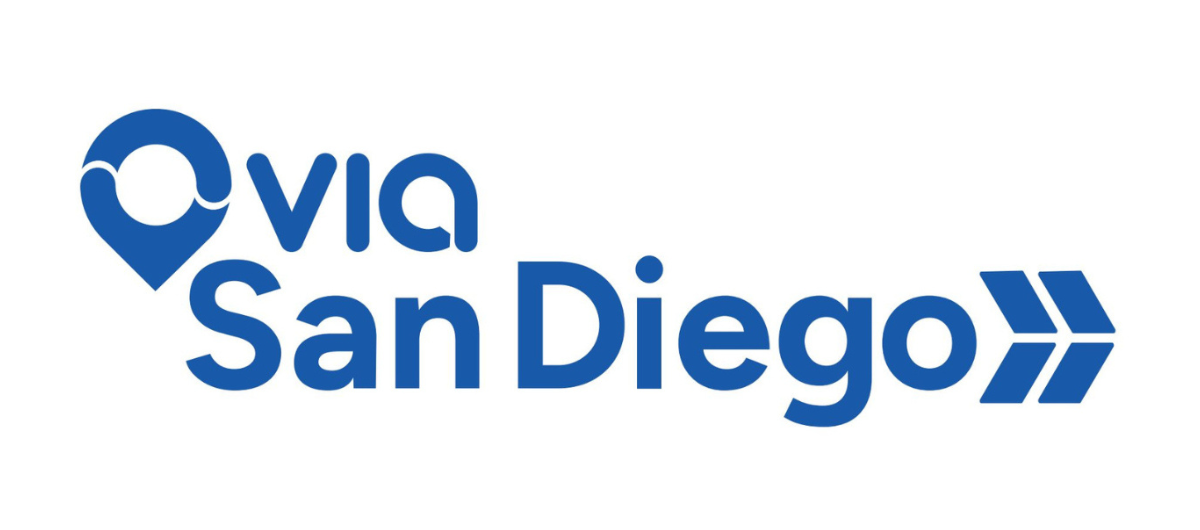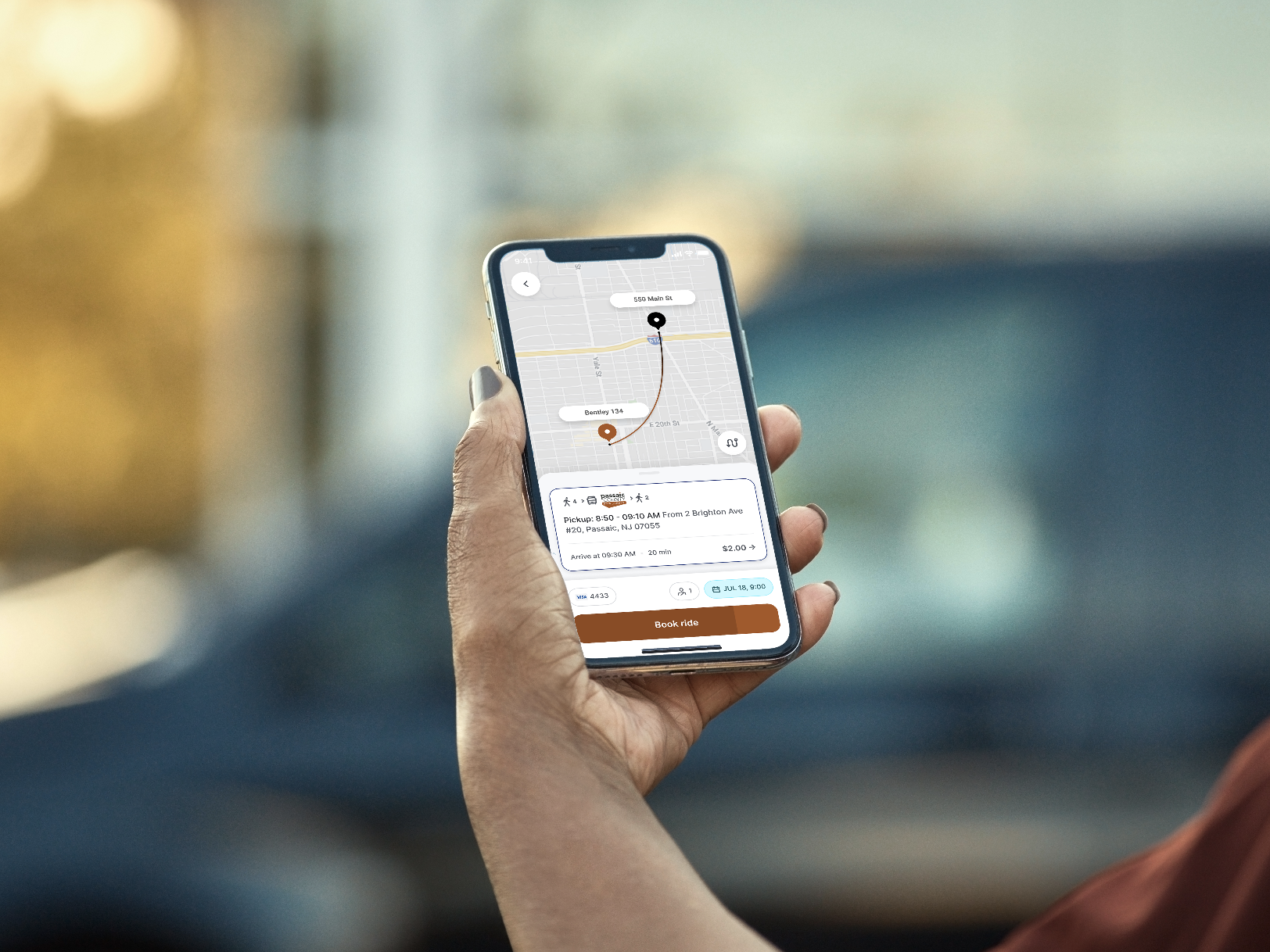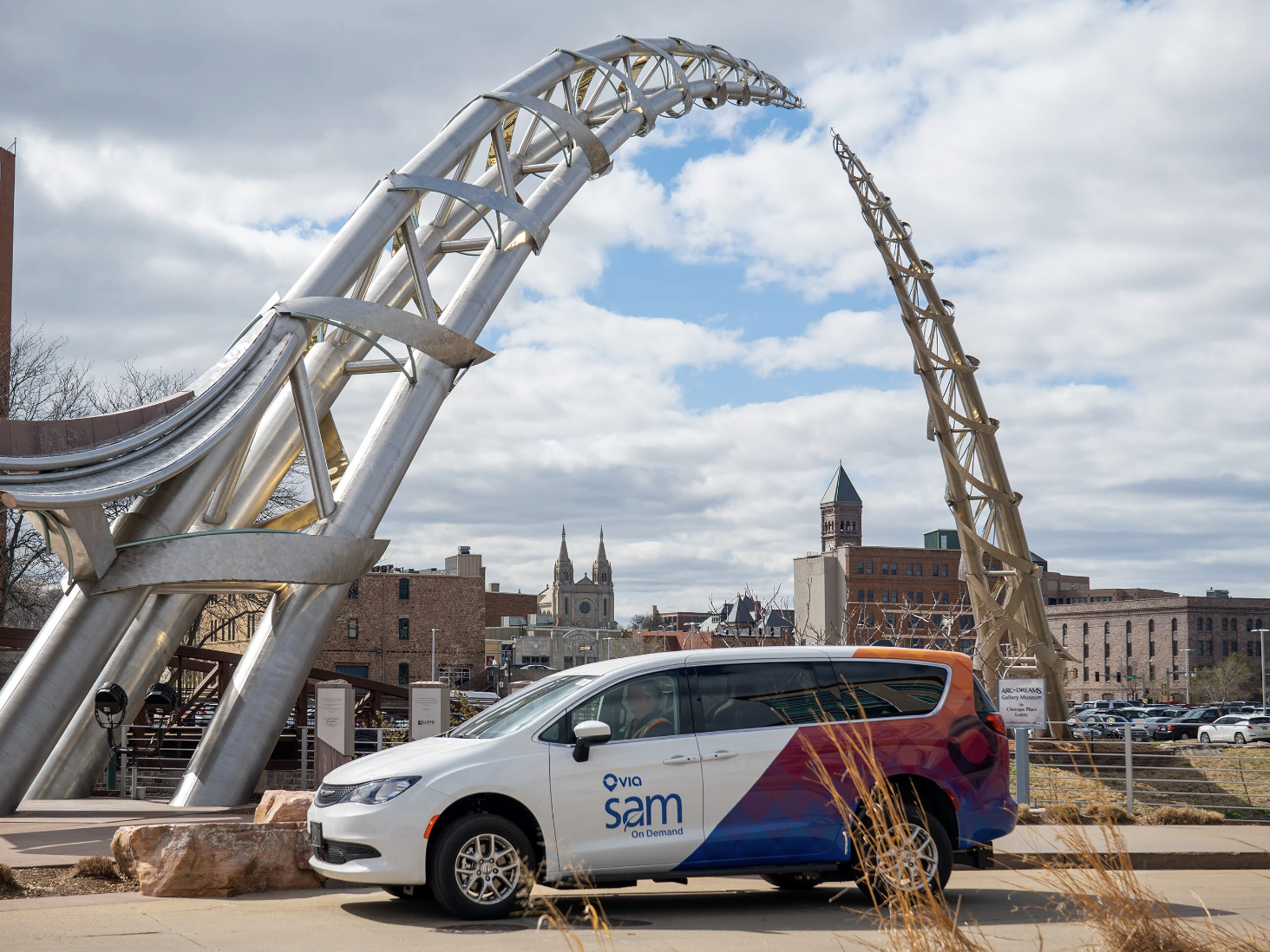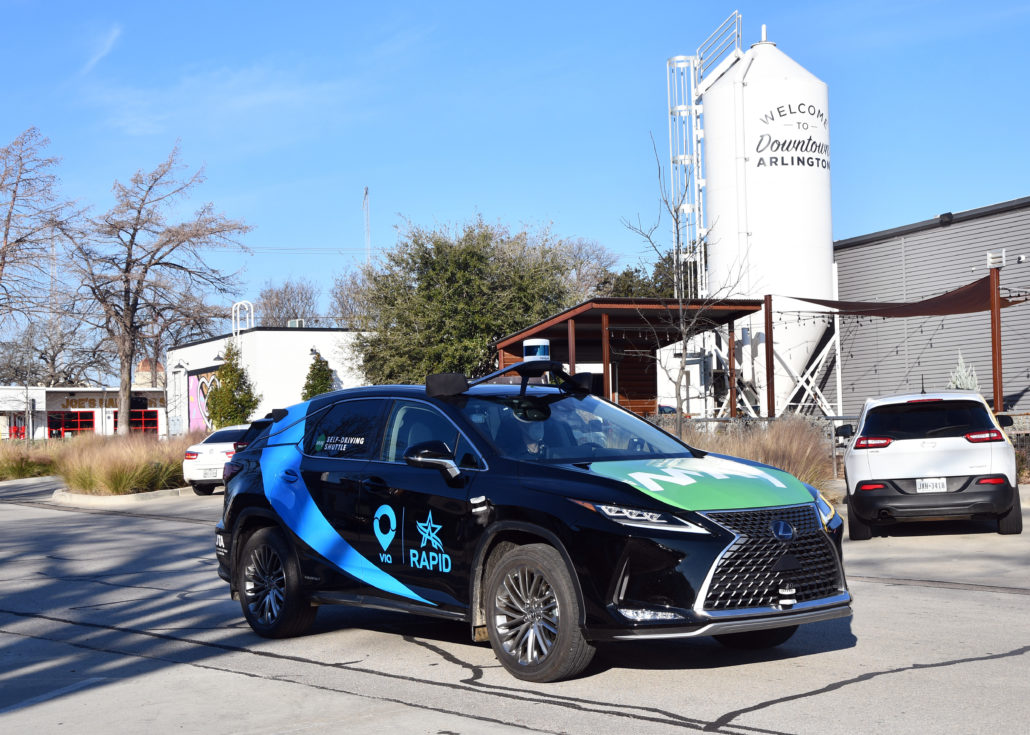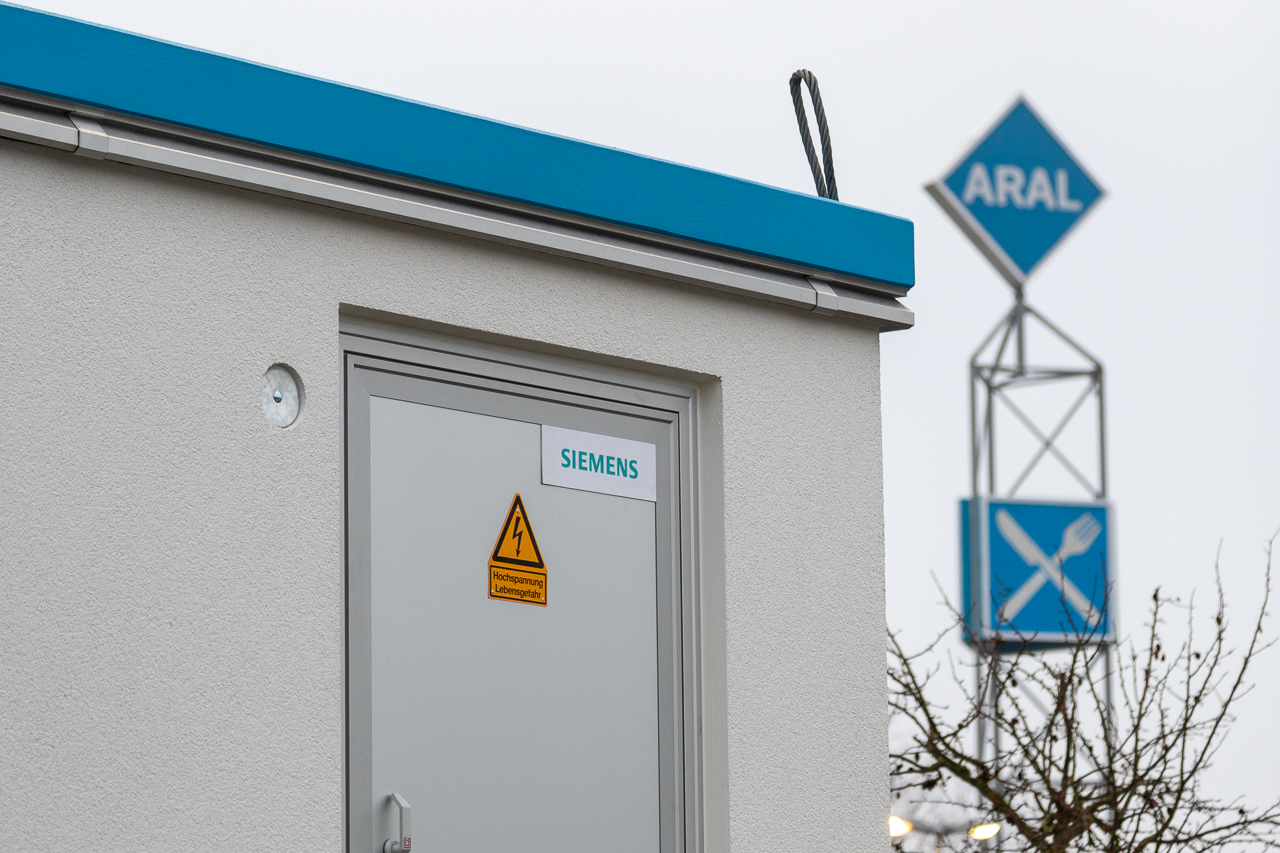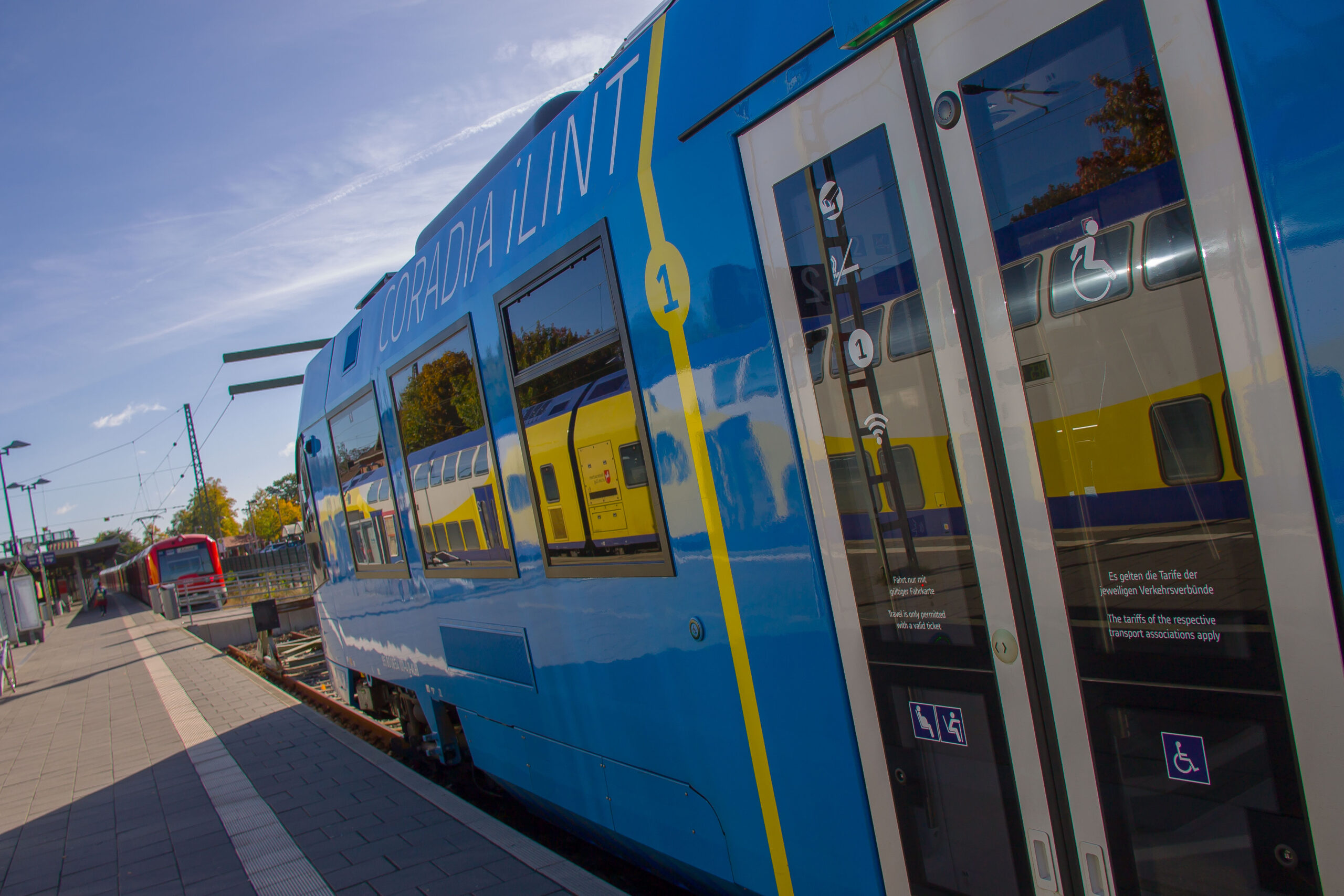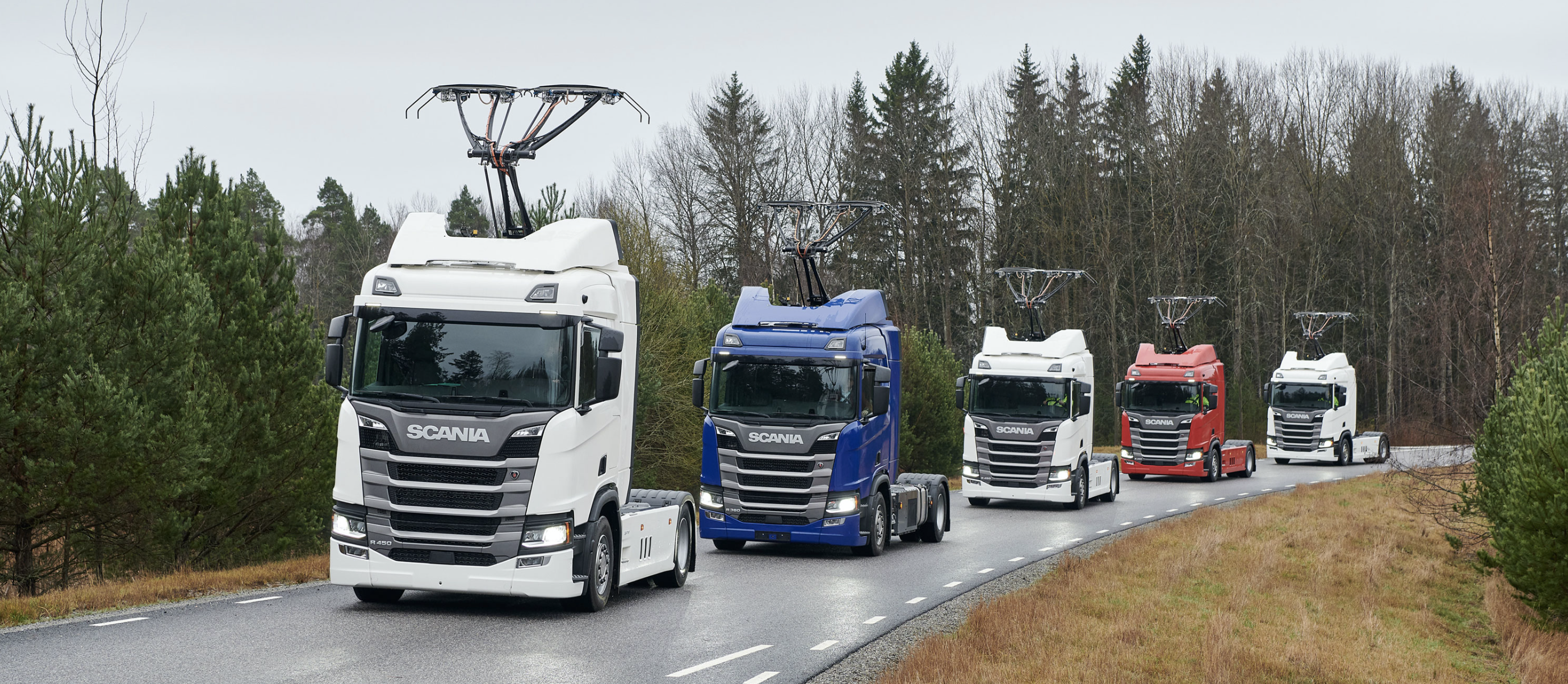South Of Germany to Become the Center Of Autonomous Mobility
- BMVI grants funding notification: For the KelRide project, 6 partners from technology and mobility industries, the public sector, and science will launch Germany’s first autonomous, weatherproof, and on-demand ride-pooling solution that will be integrated into public transport by 2023
KelRide, a project that will introduce an autonomous, on-demand transport service in the Kelheim district, north of Munich, officially began yesterday on March 29, 2021 with the handover of funding from the Federal Ministry of Transport and Digital Infrastructure (BMVI). The goal of the KelRide project is to further develop autonomous driving in the region by seamlessly integrating autonomous vehicles that can operate under all weather conditions into the public transport network. For the first time in Germany, it will be possible to book highly automated vehicles on-demand as a modern form of public transport.
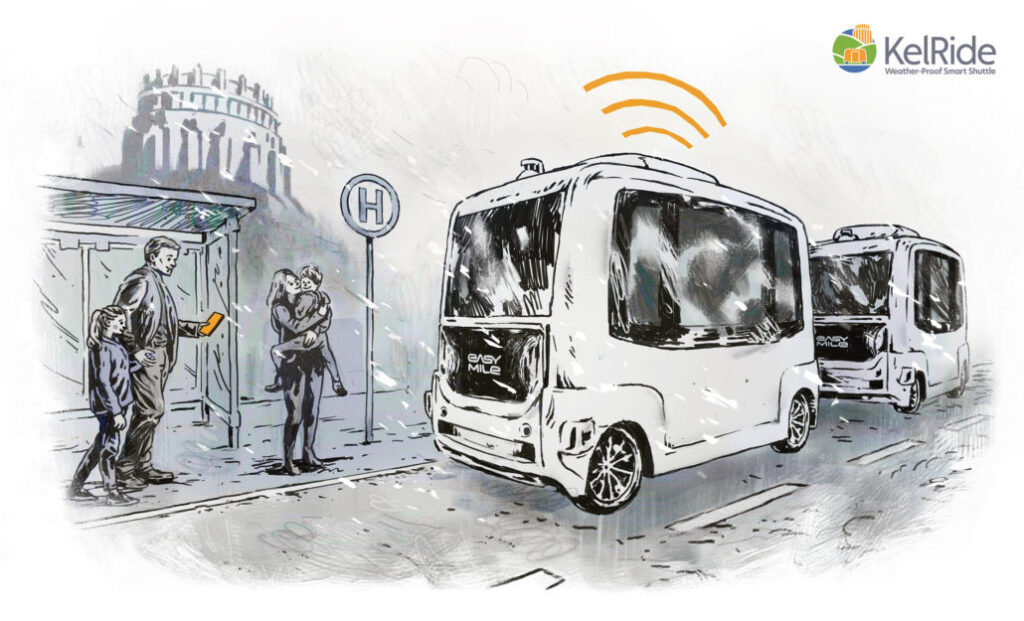
An on-demand shared ride service will be established for the Kelheim district with electric, autonomous shuttles. It will be integrated into the local public transport system, and operate on a platform using the industry-leading technology and experience of the consortium partners in the fields of autonomous vehicles, fleet management, and on-demand mobility.
The project will also focus on the development of a roadmap to enable highly autonomous vehicles to play an important role in real-world transit operations.
Status Quo of Autonomous Driving
The KelRide project addresses two of the biggest hurdles in autonomous driving: the ability of highly automated vehicles to operate safely under all weather conditions, and the efficient and seamless integration of automated mobility into the public transport network.
Today, adverse weather conditions, such as heavy snowfall, rain or fog, limit driverless mobility solutions. This is seen as one of the last remaining challenges for autonomous driving. The KelRide project will clarify to what extent the use of existing sensor technologies, in combination with project-specific software solutions for vehicle control and intelligent fleet management can achieve all-weather suitability in typical Central European weather conditions. This consistent system architecture will be implemented in Kelheim by 2023.
For the first time in Germany, it will be possible to book highly automated vehicles on-demand as a modern form of public transport. The service will be intermodal, facilitating and enhancing connectivity between on-demand rides and the existing public transport network within the same booking. Up to now, this type of vehicle has usually been operated in a pre-scheduled service on a fixed route, whereas the project will introduce dynamically routing in real-time.
About the KelRide Project
The KelRide project will run until the end of 2023 and is funded by Germany’s Federal Ministry of Transport and Digital Infrastructure (BMVI) as part of its “Digitization and Artificial Intelligence in Mobility” action plan. With funding of around 10.9 million euros, the country’s Federal Agency for Administrative Tasks (BAV) is responsible for the project.
Strong Partners From Industry, District and Research
Kelheim’s District Administrator, Martin Neumeyer, said:Together with strong partners, we will drive the development of state-of-the-art technology for a future-oriented form of public transport in Kelheim. The knowledge we gain from KelRide serves as a possible solution for comparable mobility systems in other areas in order to ensure the regional accessibility of the population in the long term.
Kelheim supports the development of the project and its specific goals, and will play a role in the development and implementation of the project. The area needs its local public transport to be optimized. This means the creation of additional, target group-specific offers that feeds into the goal of reducing conventional, motorized individual transport.
This is supported by the management consultancy P3 Group. P3 is using its project management skills and holistic organization to ensure punctual process and sustainable project success. P3’sexpertise also helps the calculation of the business case, as well as the development of the utilization concept as a blueprint for other municipalities.
P3’s partner for autonomous driving, Marco Dargel, said:For the P3 Group, as a management consultancy specializing in mobility of the future and its technology, KelRide is a very exciting project. We believe a very well thought-out basic principle can serve as a scalable blueprint for a large number of cities and counties across Germany.
The Department of Traffic System Planning and Traffic Telematics at the Technical University of Berlin is also involved. They are simulating mobility behavior in the Kelheim district and, with the aid of models, investigating the effects of the various shuttle concepts using the agent- based traffic simulation system MATSim (Multi-Agent Transport Simulation).
Via, the leader in TransitTech, will optimize booking, routing, assignment of passengers and vehicles, customer experience, and fleet management. In order for autonomous vehicles to reach their full potential as part of large- scale public transport networks, they must be on-demand, optimally routed, and shared by multiple passengers. Via has extensive experience using its technology platform to integrate autonomous vehicles into on-demand public transport networks around the globe.
Via General Manager Germany, Valerie von der Tann, said:We are delighted to be able to work with partners and build on Via’s technology platform to realize an innovation project that is unique in Germany, and which promises to be groundbreaking for a new generation of highly flexible, autonomous public transport. It is especially beneficial for municipalities in rural areas. On-demand, autonomous solutions within the framework of public transport will represent a great opportunity to radically improve access to mobility and to ensure the connection.
Technology provider EasyMile will bring its innovative EZ10 shuttles as well as expertise in autonomous driving platforms to the project.
Founder and CEO of EasyMile, Gilbert Gagnaire, said:This project will ensure the reliability of our technology making autonomous mobility a profitable extension of public transport – a real service. We are very proud to be part of such a significant project.
Finally, TÜV Rheinland will research and test methods and processes for the testability of the system. The globally recognized certification body will carry out all tests required for the planned road approval and support communication with the approval authorities.
Chairman of the board of TÜV Rheinland AG, Dr. Ing. Michael Fübi, said:Since the motto ‘Vision Zero’ defines our program, we are happy to bring our years of experience with highly automated systems and our growing competence within AI applications to pioneer projects such as the KelRide.
This article was originally published by Via Transportation, Inc..


